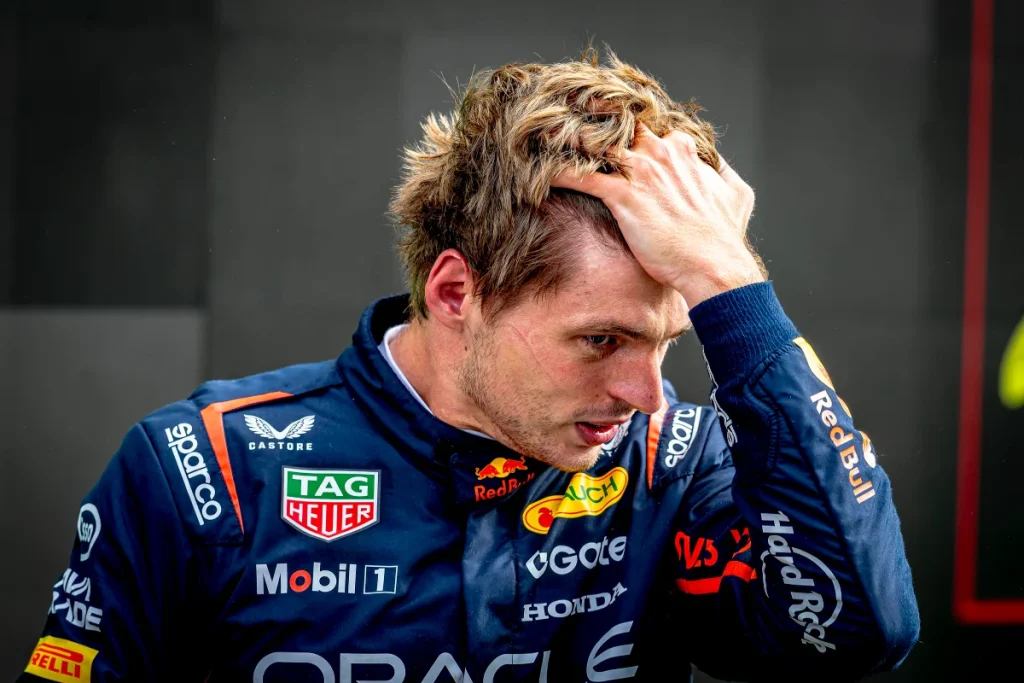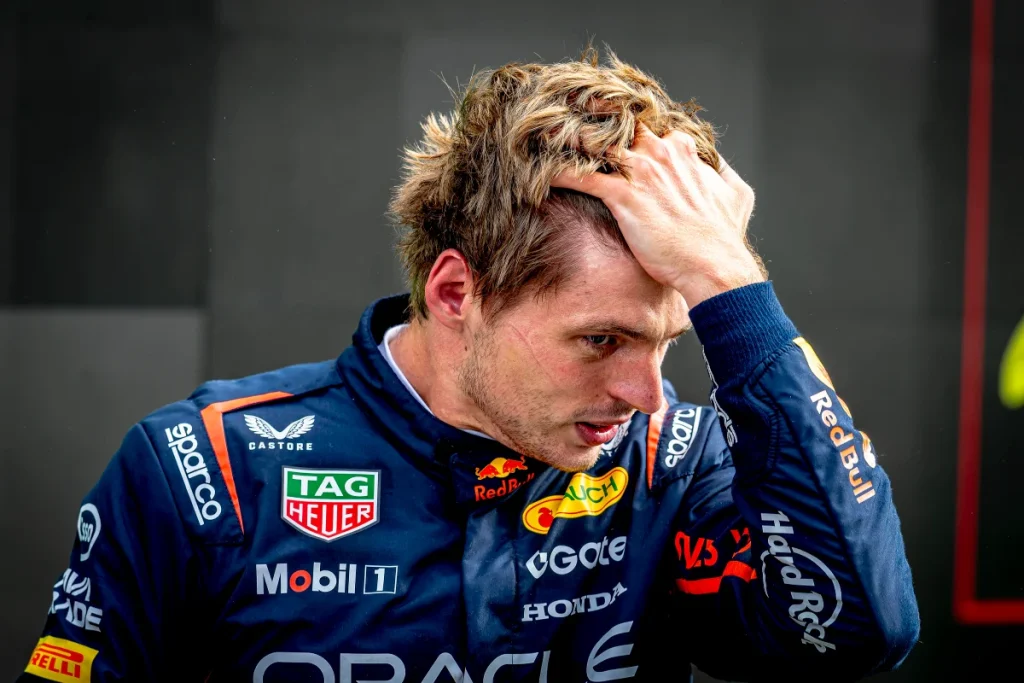Verstappen Caught Short by Doping Control Checks After Facing Huge Delay
Max Verstappen’s evening in Singapore ended on a frustrating note after he was held up for an unusually long time by routine anti-doping control checks following the Formula 1 Grand Prix. The three-time world champion was reportedly left waiting for several hours before he could finally leave the circuit, raising eyebrows over the timing and length of the procedure.
According to reports, Verstappen was selected for post-race testing but struggled to complete the procedure in a timely manner. The Dutchman admitted afterwards that the extended delay was largely due to being unable to produce a sample quickly, leaving him stranded long after many of his rivals and team members had already departed the paddock.
Under Formula 1 and FIA regulations, all drivers are subject to random doping control tests, which can occur immediately after a race. These measures are part of wider efforts to ensure fair competition across motorsport. The process typically involves providing urine samples to be analyzed by accredited laboratories, with the checks meant to confirm that no banned substances are being used to enhance performance or mask fatigue.
“It wasn’t ideal,” Verstappen told reporters. “You’re just sitting there waiting for hours, and after such a tough race the last thing you want is to be stuck in a room trying to get it done. But of course, it’s the rules, and we have to follow them.”
The Red Bull driver, who had already endured a demanding evening under Singapore’s punishing heat and humidity, was visibly drained. Though the delay did not affect the race result, it added an extra layer of frustration to an already exhausting weekend.
Anti-doping agencies insist the procedures are crucial to maintain credibility in motorsport, where physical endurance and sharp reflexes are as important as engineering excellence. Verstappen, like his colleagues, fully supports the program but noted that logistical issues sometimes make the process unnecessarily lengthy.
F1’s governing body, the FIA, has not commented publicly on the incident, viewing it as a routine matter. Sources within the paddock, however, suggested Verstappen’s case was an example of how draining post-race obligations can become when combined with media duties, team briefings, and sponsor commitments.
Despite the hiccup, Verstappen is expected to return fully focused for the next race, with Red Bull keen to put the delay behind them. As one senior paddock figure put it, “It was just bad luck – Max wasn’t caught out by a rival on track, but by a bottle of water and a very patient doping officer.

